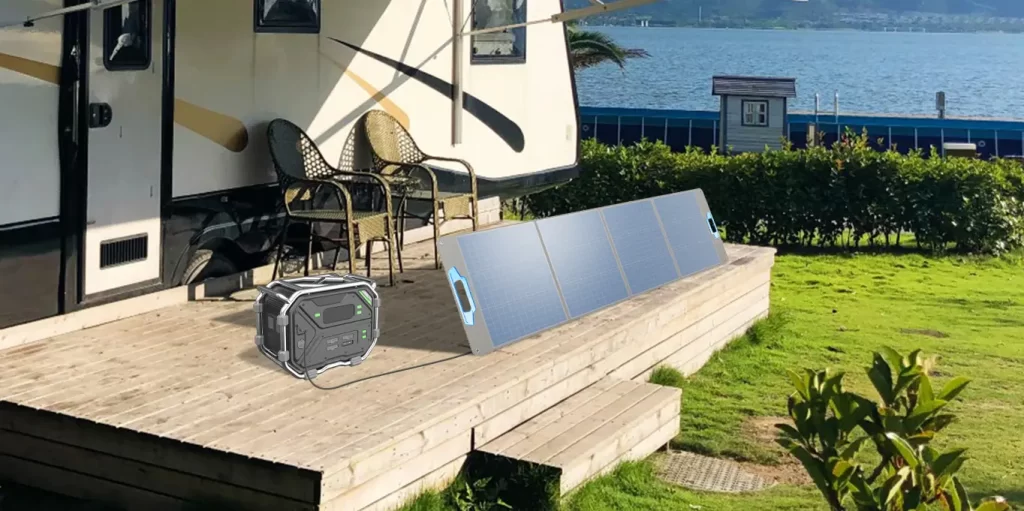
The Shift Towards Battery-Powered Solutions
In recent years, the shift from traditional generators to battery-powered solutions has gained significant momentum. This transition is not just a fleeting trend but a reflection of technological advancements and changing consumer preferences. Batteries, as an alternative to generators, offer numerous benefits that cater to both individual and commercial needs.
Environmental Impact
One of the most compelling advantages of batteries over generators is their environmental impact. Traditional generators often rely on fossil fuels, which emit harmful pollutants and contribute to climate change. In contrast, batteries can be charged using renewable energy sources such as solar or wind power, resulting in zero emissions during operation. This makes batteries a more sustainable choice for those conscious of their carbon footprint.
Noise Pollution
Noise pollution is another critical factor where batteries have a clear edge. Generators are notorious for their loud operational noise, which can be disruptive in residential areas, outdoor events, and even construction sites. Batteries operate silently, providing a more pleasant environment without sacrificing power reliability. This quiet operation is particularly beneficial in settings where maintaining a peaceful atmosphere is essential, such as hospitals, schools, and residential neighborhoods.
Convenience and Ease of Use
Convenience and ease of use also make batteries a preferable option. Generators require regular maintenance, including fuel refills, oil changes, and engine checks. Batteries, on the other hand, demand minimal upkeep. Once charged, they are ready to provide power with little to no additional effort. This simplicity is especially advantageous for individuals who may not be mechanically inclined or for businesses looking to reduce downtime and maintenance costs.
Safety Considerations
Safety is another area where batteries outperform generators. The risk of fuel spillage, carbon monoxide poisoning, and fire hazards associated with generators is significantly reduced when using batteries. Modern battery systems come equipped with advanced safety features such as thermal management, short-circuit protection, and automatic shutoff mechanisms, ensuring safe operation under various conditions.
Portability and Flexibility
Portability and flexibility further enhance the appeal of battery systems. Unlike bulky generators, batteries are typically compact and lightweight, making them easier to transport and deploy in diverse locations. Whether it’s for camping trips, remote work sites, or emergency backup at home, batteries offer a versatile solution that can be tailored to specific power needs.
Economic Considerations
Economic considerations also favor the adoption of batteries. While the initial investment in battery technology might be higher compared to generators, the long-term savings are substantial. Lower fuel and maintenance costs, coupled with the potential for harnessing free renewable energy, make batteries a cost-effective solution over time. Additionally, advances in battery technology are driving down prices, making them increasingly accessible to a broader audience.
In conclusion, the shift towards using batteries instead of generators is driven by a combination of environmental concerns, convenience, safety, and economic factors. As technology continues to evolve, it is likely that batteries will become an even more integral part of our power infrastructure, offering a cleaner, quieter, and more efficient alternative to traditional generators.



